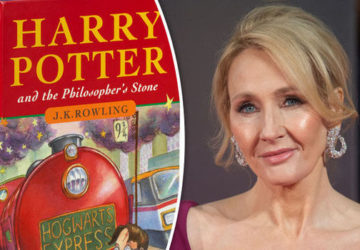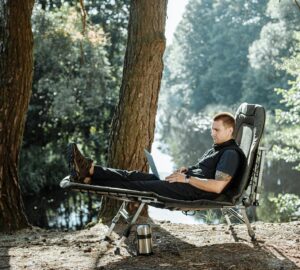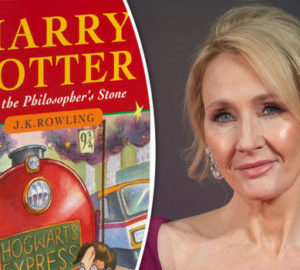We have all been there; your deadline is looming and your web editor is chasing you, but when you sit down to write, nothing comes out. Could you be suffering from the dreaded Writer’s Block?
BY NATALIE GOODCHILD
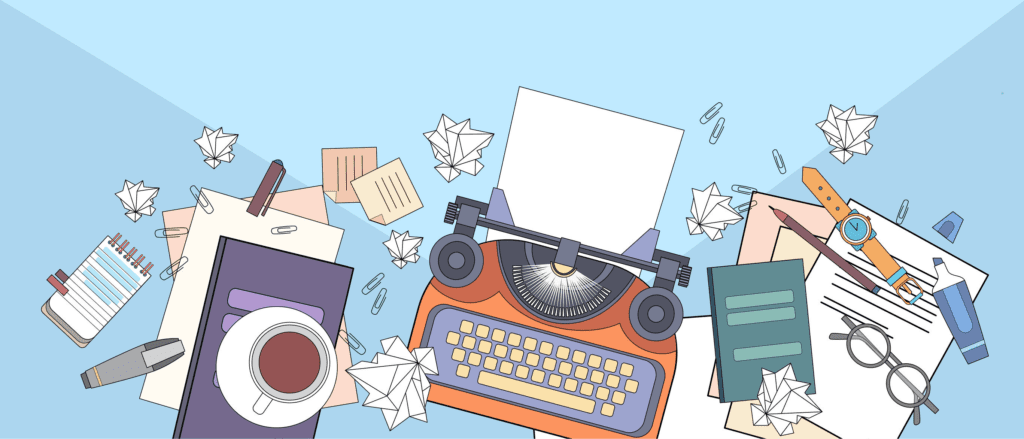
Read on to see why you are not alone in experiencing it, and some easy steps you can take to get your web writing flowing again.
What is Writer’s Block?
The Oxford dictionary defines writer’s block as ‘the condition of being unable to think of what to write or how to proceed with writing’. The first thing to do if you are suffering from it is to not to worry about it; many famous writers have suffered from it too.
In 2000 J K Rowling said that she had suffered writer’s block badly once during the writing of the Chambers of Secrets, saying, “I had my first burst of publicity about the (first) book and it paralysed me. I was scared the second book wouldn’t measure up, but I got through it!”
Why do you get Writer’s Block?
There are many different reasons why you are suffering from it, including:
- Could it be the wrong time for you to write; perhaps you are a night time writer rather than a morning person?
- Are you fearful of showing everyone what you are thinking? Writing can be a very personal thing and offering it out there online for people to criticise can be very scary.
- Do you want everything to be perfect before you even switch on your laptop? If so, you could be experiencing one of the most common reasons – perfectionism.
When writer’s block affects you, the worst things you can do are to stop writing, wait until you feel inspired, or make lots of excuses and procrastinate.
So what can you do about Writer’s Block?
There are many recommendations out there (some of them quite random!) to help you break through the mental block.
A few years ago I became a new parent and I realised that to me writer’s block was very much like having a crying baby. You don’t know why it’s happening, but if you are logical and try lots of different ideas until one works, then the next time you try the successful idea first.
Below I have listed my much-loved top five ideas:
- Go for a walk, even if only for half an hour. Your brain will thank you for getting your blood flowing and the change of scenery.
- Remove distractions. Try switching your mobile to mute, turning off the radio or putting your dog, cat or child out into the garden for a bit.
- Refresh your mind. Maybe you could have a clean break and read a book or listen to your favourite music for an hour or so?
- Walk away from the writing and come back at a later time. I discovered that I do my best writing in the late afternoon and evening. If I try to write in the morning it won’t easily flow and I normally end up rewriting most of it.
- Have a warm drink and a chat with someone who makes you laugh. This can be over the phone, in person or FaceTime. If I need to chat to someone late at night I get a cup of hot chocolate (with mini marshmallows of course) and FaceTime my cousin in the States. This works well as she is awake and up and about.
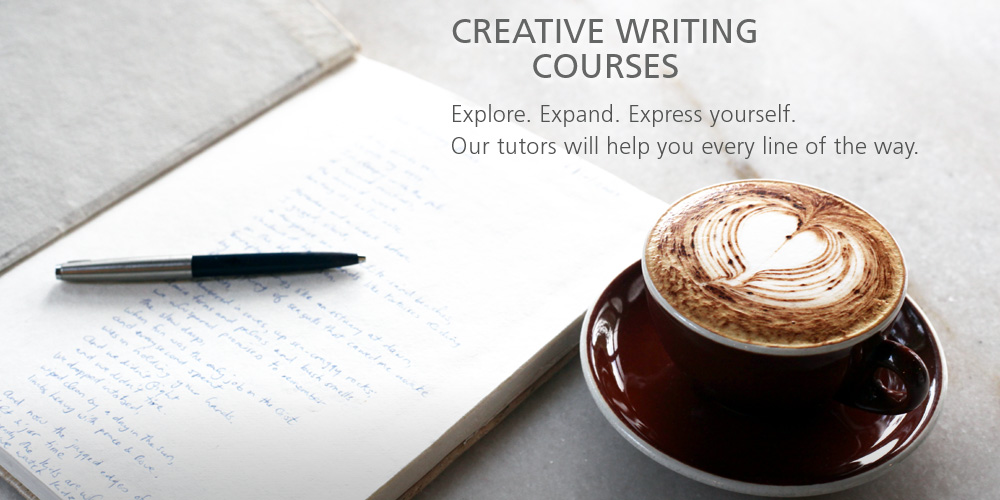
If you are a techy type person, there are many apps and devices designed to help develop a stronger writing routine, although as you will see some are rather harsh: https://www.insidehook.com/article/gear/10-writing-tools-to-end-writers-block-get-you-writing
So the next time you feel yourself suffering from writer’s block, have a look through the list above. Try one or two, or try them all, and then make a note of the ones that work for you.
The most important thing to remember is to be kind to yourself, and that every writer will experience writer’s block at some point in their writing career. It is how you deal with it that will make the difference between you becoming a happy, successful writer, or a ‘one-hit wonder’.
More information about writer’s block can be found at the links below:
What is Writer’s Block? https://en.wikipedia.org/wiki/Writer%27s_block
The psychology behind writer’s block https://psychcentral.com/blog/the-psychology-behind-writers-block
“Writer’s block, or any creative block, is really about fear,”
Miranda Hersey, a writer, editor and creativity coach.
About the Author

Natalie Goodchild has worked in the global oil and gas industry for over two decades, in a variety of roles based in various countries. Today she is based at the Crawley hub working as the UK Communications Officer. Her day-to-day activities include sourcing, writing and editing local stories for her company’s UK newsletter, the UK community and global internet pages. When not busy chasing stories she can be found scuba diving, playing Octopush and Girl Guide volunteering.




